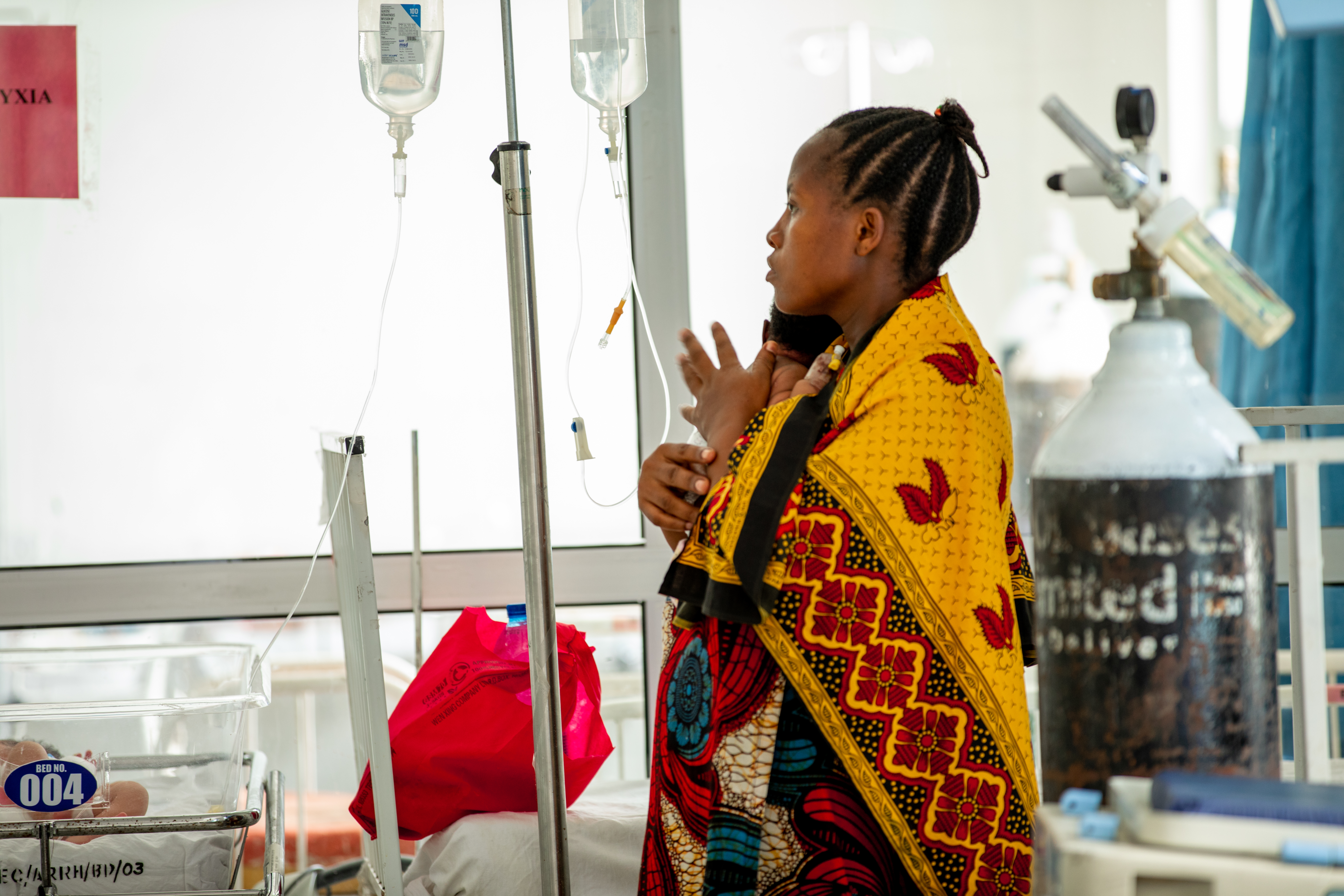
Principal Investigator: Dr. Ally Olotu
Project leader/ Coordinator: Dr. Nicolaus Gutapaka
Project Administrator: Edith Nkya
Funding Partner: UCSF Population Health and Health Equity Scholarship Fund
Start date: May 1, 2023
End date: Aug. 31, 2024

Integrated Disease Approaches for Antenatal Surveillance - "IDEAS Study"
The project, Integrated surveillance of neglected tropical disease (NTD) and malaria in antenatal populations in Tanzania or simply IDEAS Study, is a cross-sectional study of pregnant women consecutively enrolled at the first Antenatal care clinics (ANC) visit with prospective follow-up of those women who deliver in health facilities.
Primarily, the study aims to compare the prevalence of infection and intervention coverage for schistosomiasis, soil-transmitted helminths and malaria in antenatal populations to that in children.
ANC have the potential to provide platforms for multi-disease surveillance to improve monitoring of parasitological and intervention coverage indicators and for early identification of drug resistance.
Over the years, there has been growing evidence of the importance of chronic and low-density infections on transmission dynamics, for both malaria and NTDs. The chronic nature of low-density infections likely contributes to negative long-term health consequences for women of reproductive age and children, compared to the general population. In light of this, current surveillance and treatment strategies for parasitic diseases frequently target children.
As transmission declines, neglected tropical disease (NTD) programs interested in quantifying the impact of interventions on health outcomes and monitoring for resurgence requires improved diagnostics and high-resolution infection data for other at-risk populations.
This study’s primary objectives therefore include:
- To compare the prevalence of infection and intervention coverage for schistosomiasis, soil-transmitted helminths and malaria in antenatal populations to that in children aged 6m-10yrs, at two time points.
- To quantify the prevalence of female genital schistosomiasis (FGS) in pregnant women and the relationships between FGS and parasitological co-infections with maternal and birth outcomes.
- To compare the prevalence of molecular markers of malaria drug resistance and metrics of transmission intensity in pregnant women to that in children aged 6m-10yrs, at two time points.
- To assess the feasibility and acceptability of integrated screening for malaria and NTDs in pregnant women.
The study will involve a total of 1,170 pregnant women based in Kiwangwa and Fukayosi wards, in Bagamoyo district, Tanzania where the study will take place for a duration of 16 months.
Ifakara Health Institute will implement the study in collaboration with the University of California, San Francisco-Institute for Global Health Science (UCSF).
